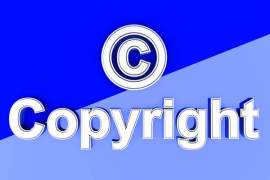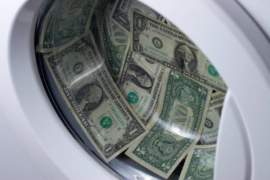
Copyright Defined

Must Read
Popular In Copyright
Copyright Law Copyright Infringements What Is Copyright Legal Consequences Of Plagiarism Copyright Free Image Florida Prepaid Postsecondary Education Expense Board V College Savings Bank Famous Cases Of Copyright Law Copyright A Book Library Of Congress Copyright Copyright Laws For Motion Pictures Copyright Infringement Punishment Copyright Symbol
A copyright is an exclusive set of rights awarded to an author or creator of an original work. A copyright symbol protects the individual from duplication and distribution efforts made by outside individuals or corporations. In addition to protecting against replication, a copyright also grants the original author the right to copy his or her work, the right to adapt the work, and the right to distribute the work for a profit. To balance between exclusive rights and exceptions for creativity and public interest, a copyright incorporates characteristics which initiate fair dealing and fair use laws.
That being said, a copyright symbol does not protect against the original creator's ideas or theories, but instead their tangible expression or work. Copyright laws, therefore, protect an individual artist or creator from their ideas once they become tangible. For example, if a poet creates a poem and prints it on paper, the work becomes the legitimate property of the creator. The individual is protected the instant a creative piece of work is recorded in a solidified manner.
In the United States, the need to obtain an official copyright symbol is not necessary. The original work becomes the creator's property once it is made tangible. Although confusion exists in regards to a copyright symbol, the basic premise is that current laws do not protect against the use of similar thoughts, words, or images of the original work. Individual images or words cannot be copyrighted. A copyright symbol primarily establishes the exclusive rights to the replication of the exact form of creative work and any derivatives that stem from that work.



















